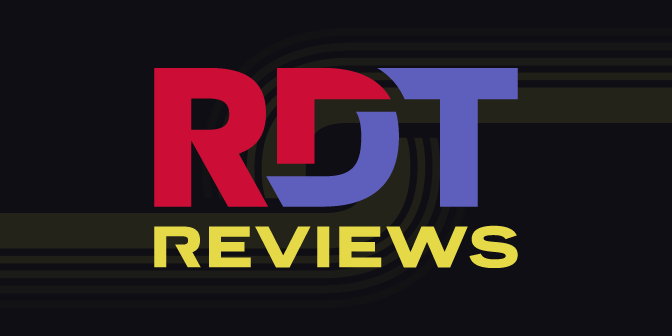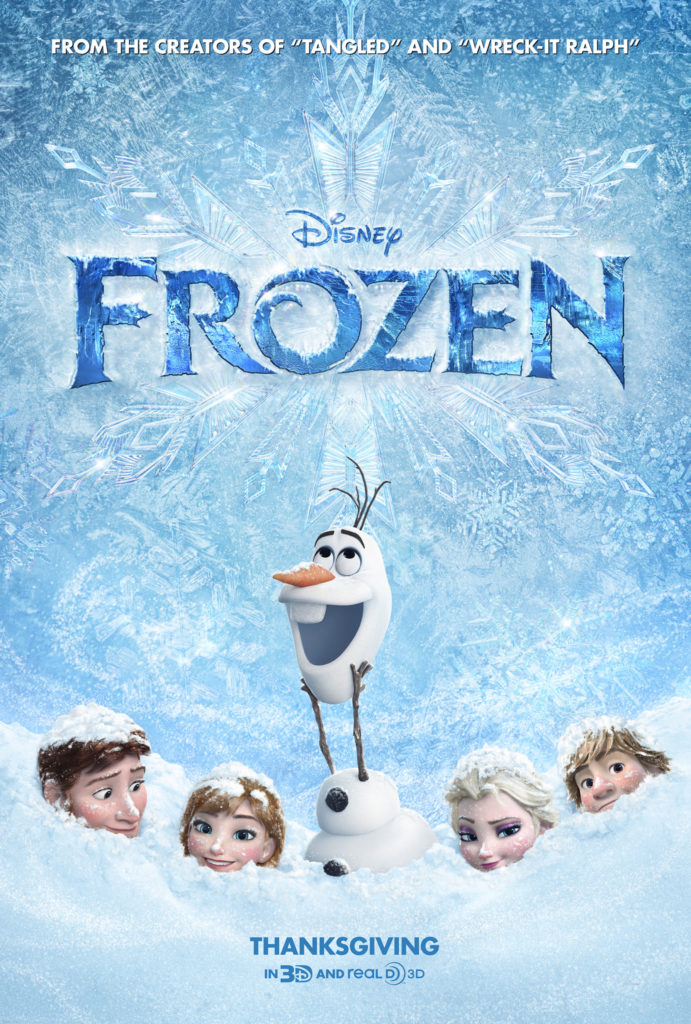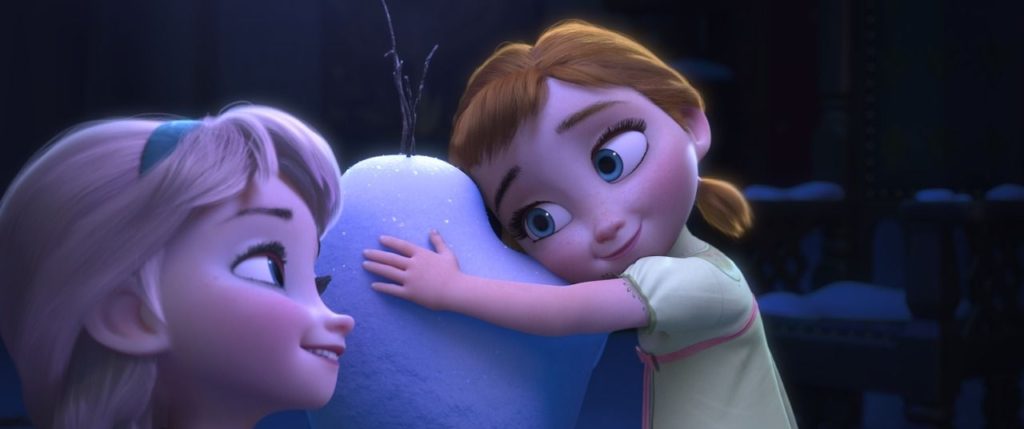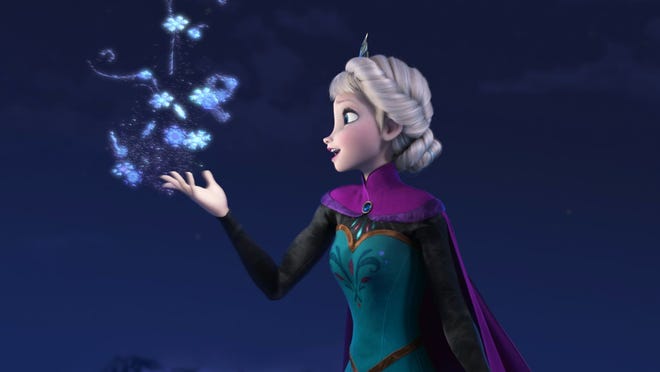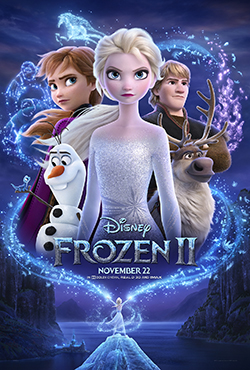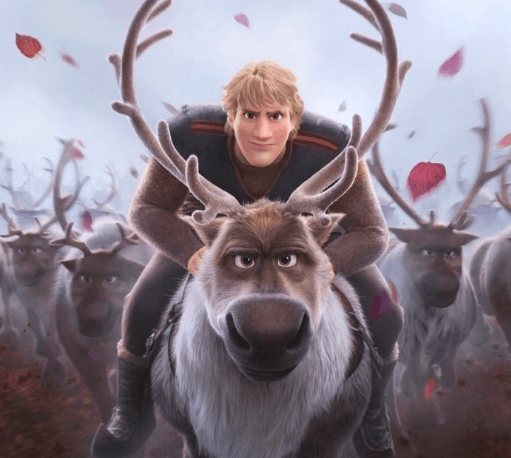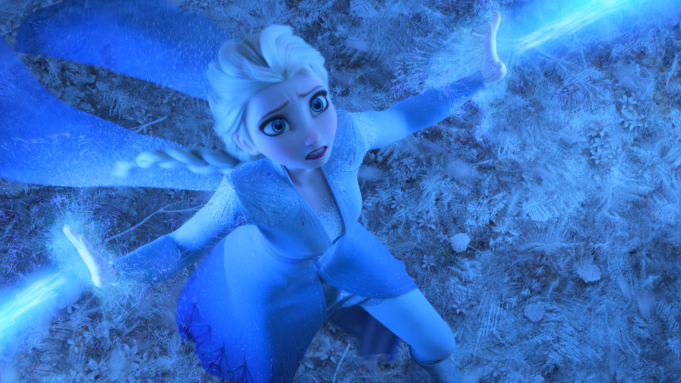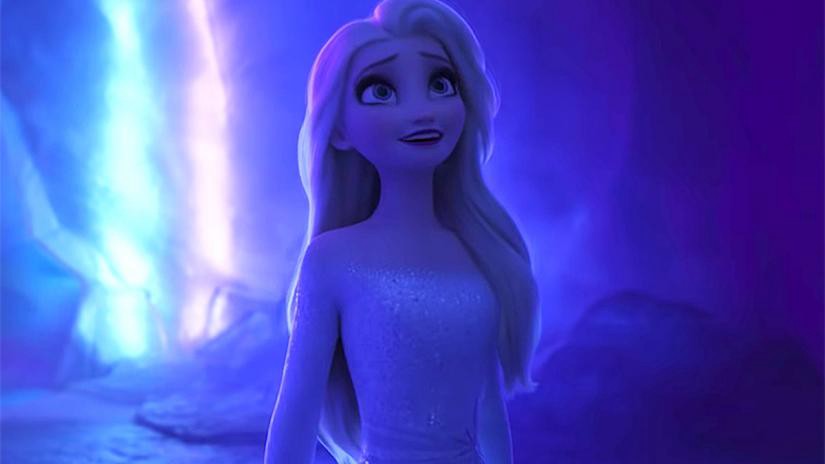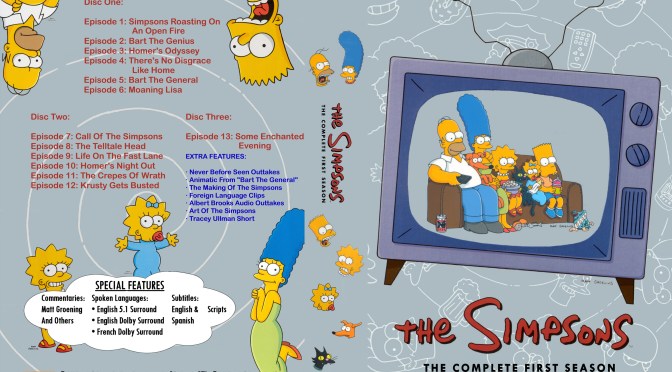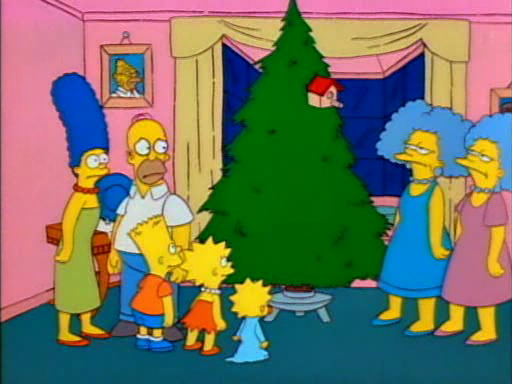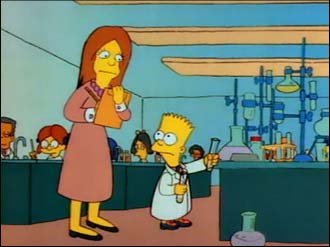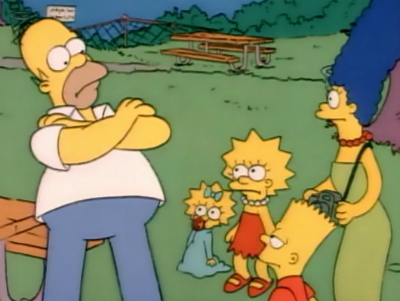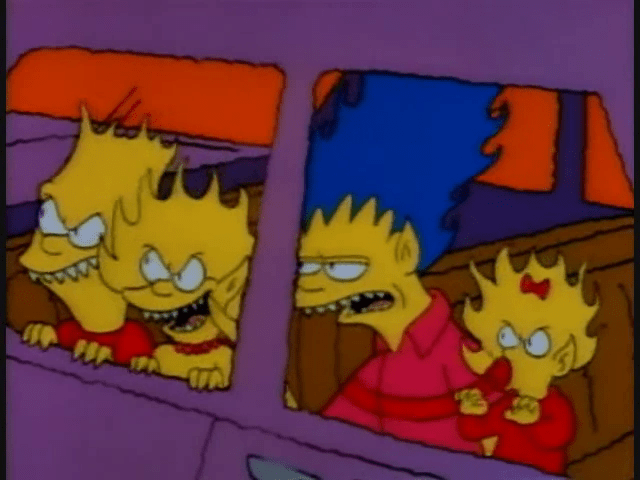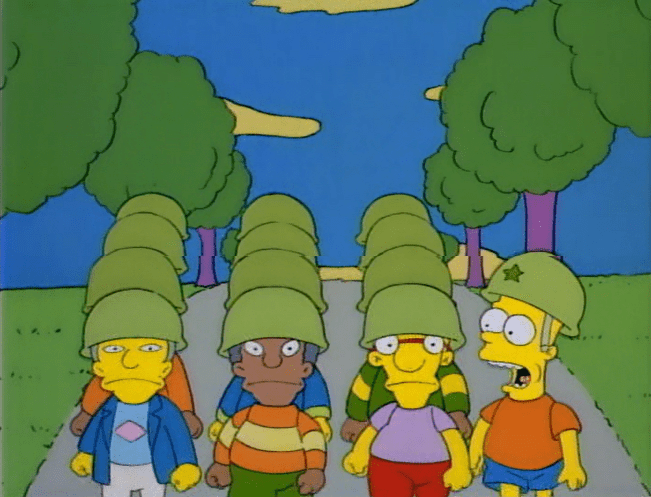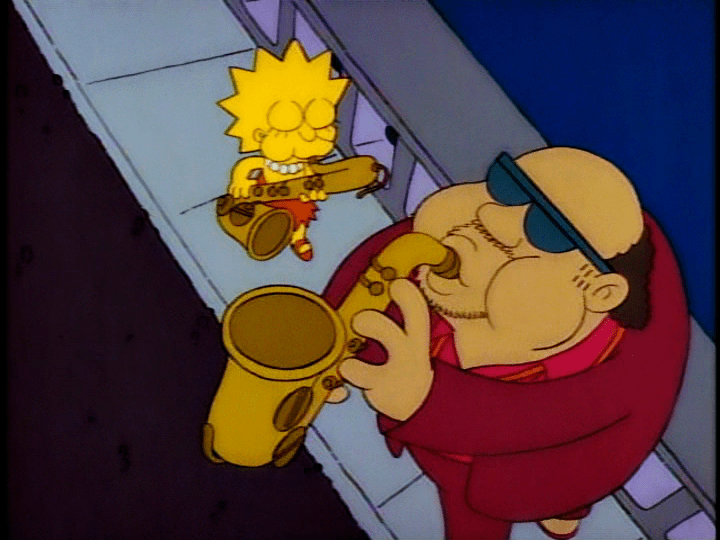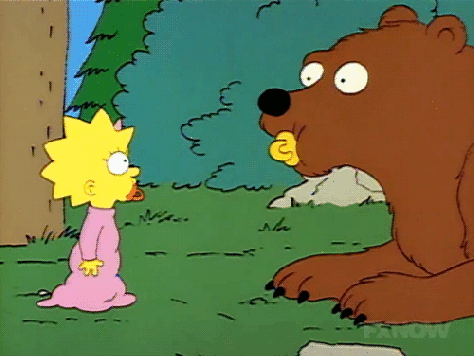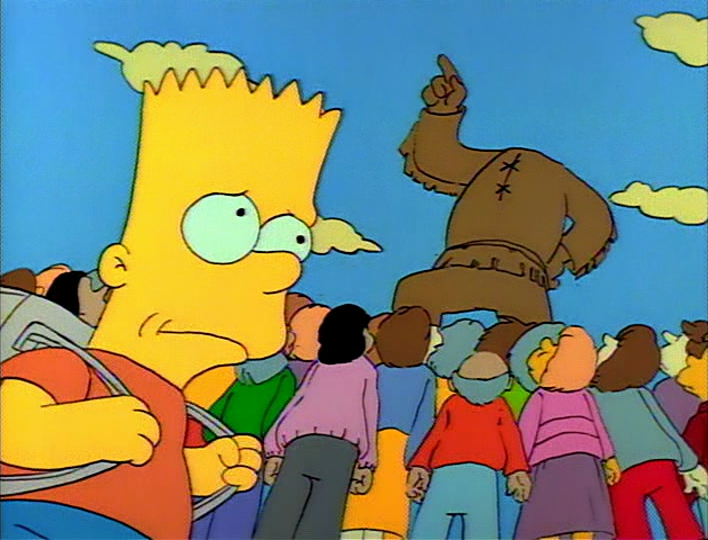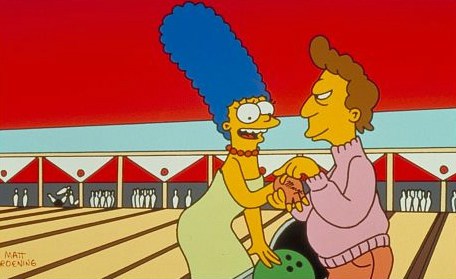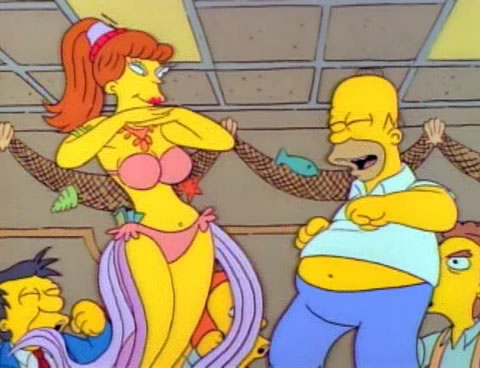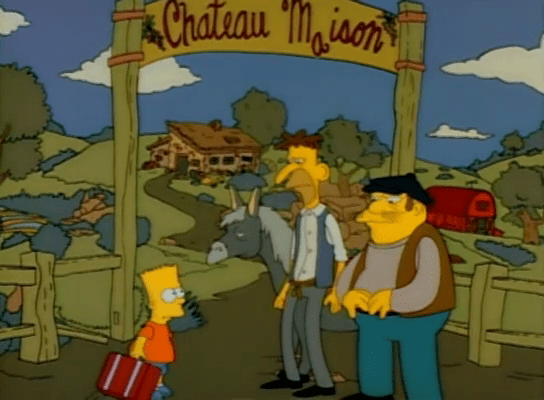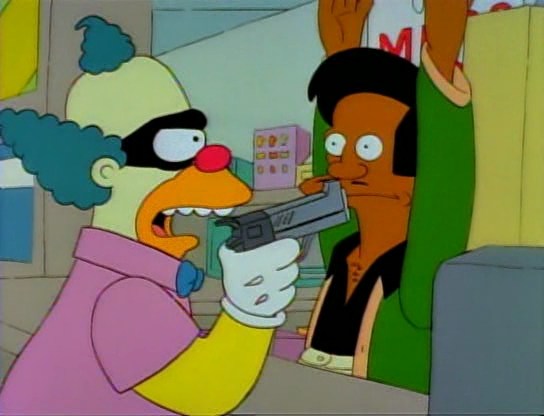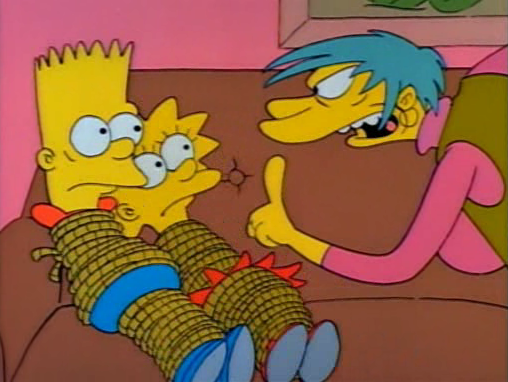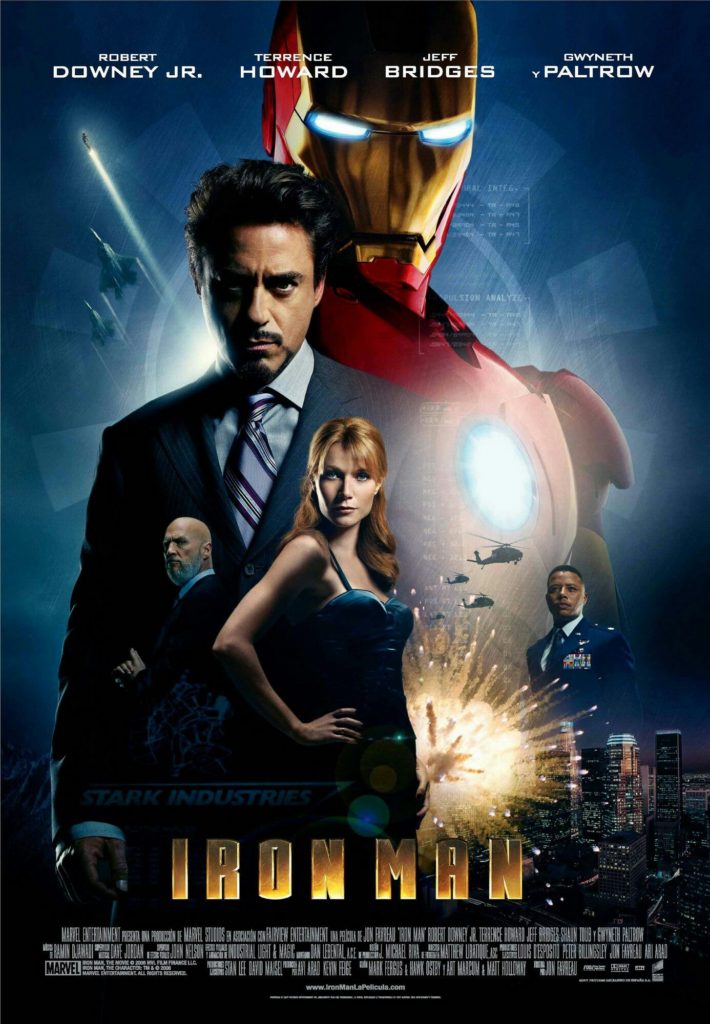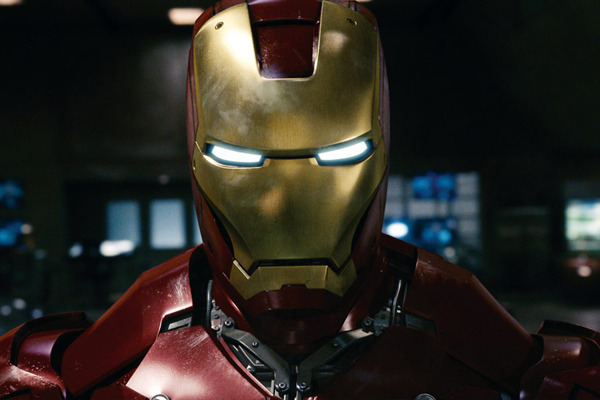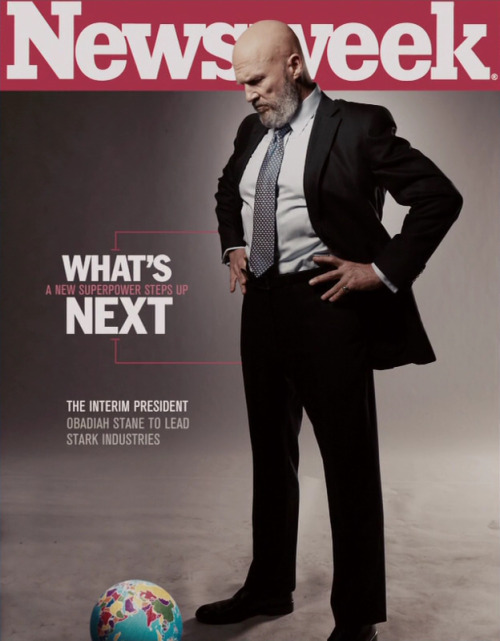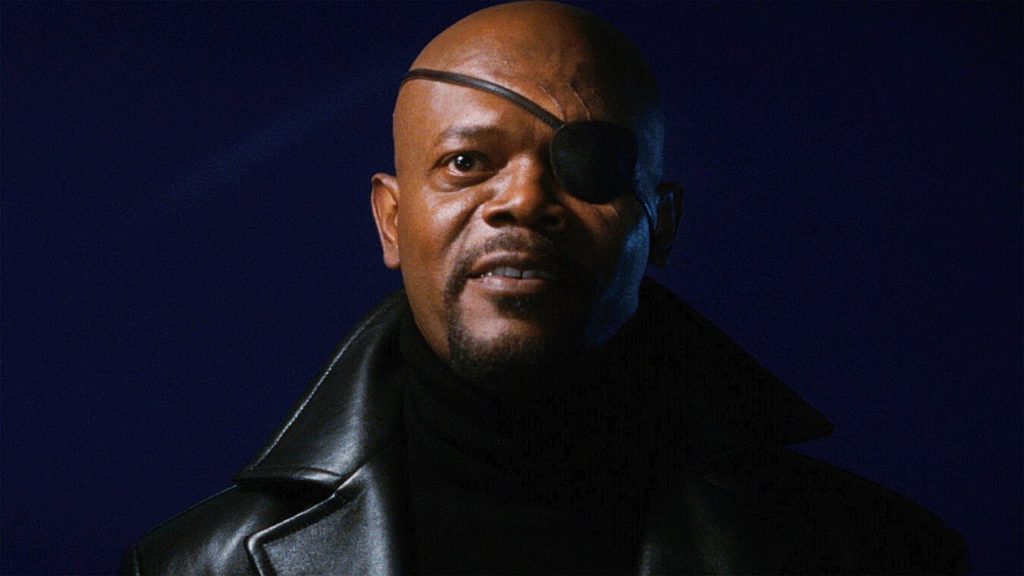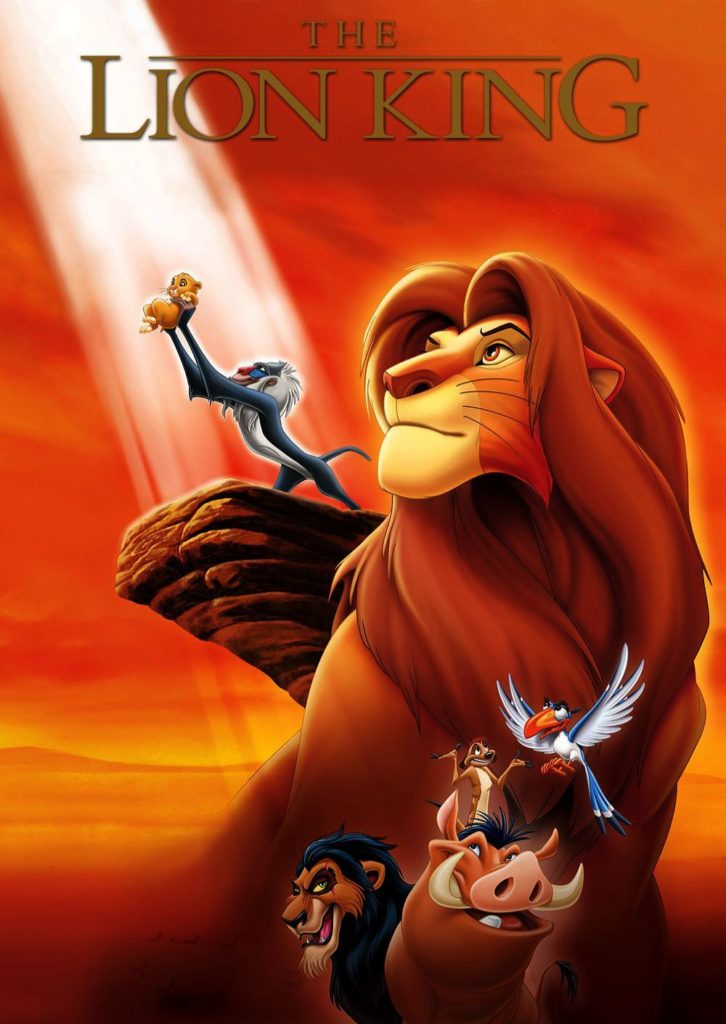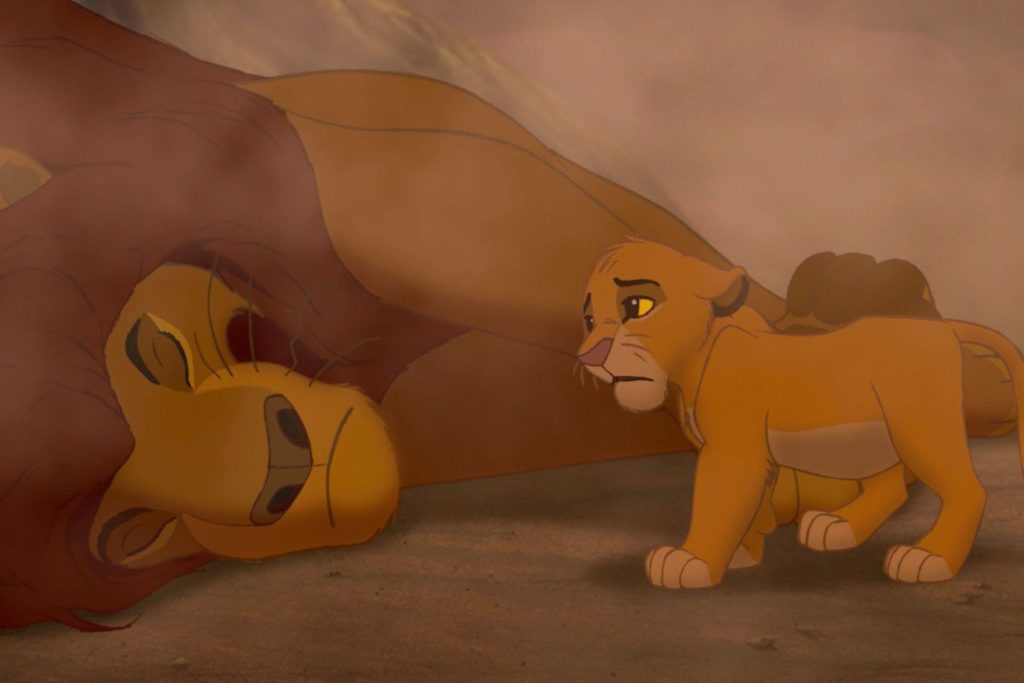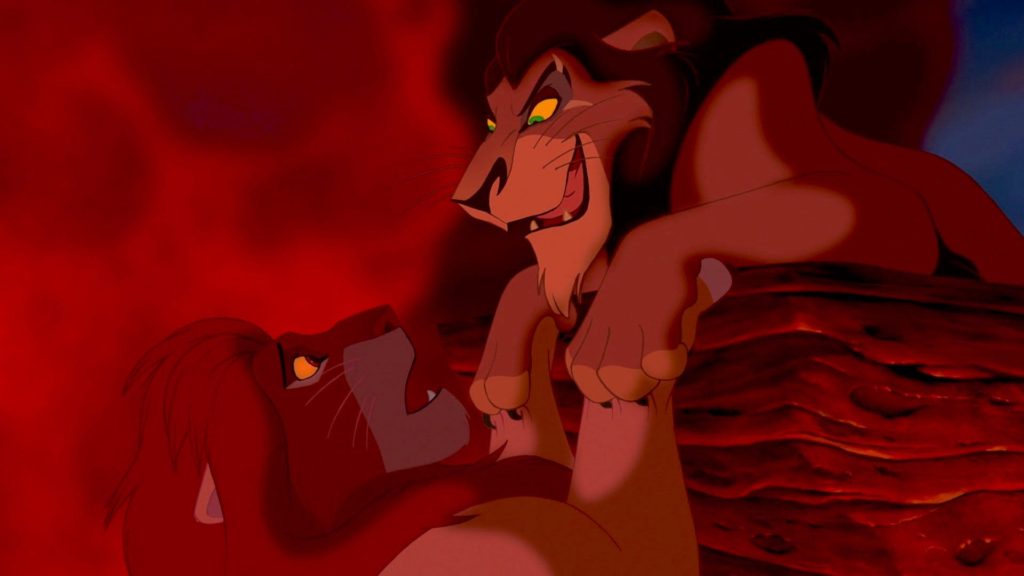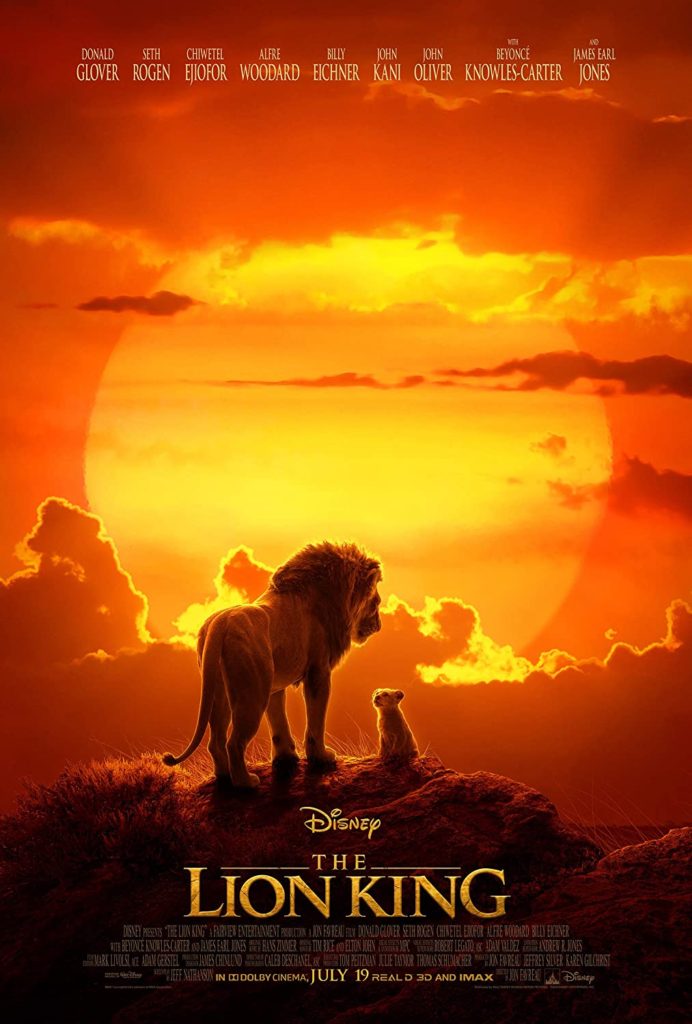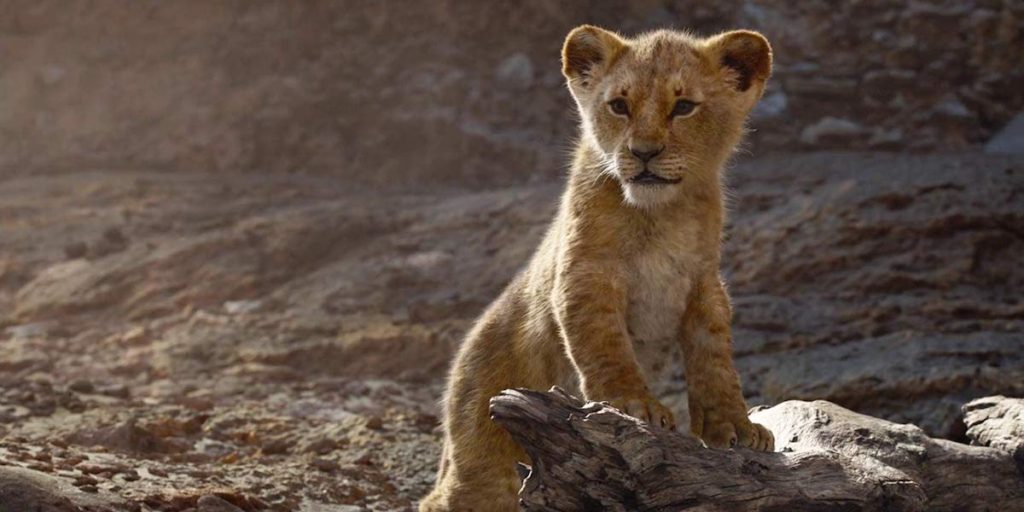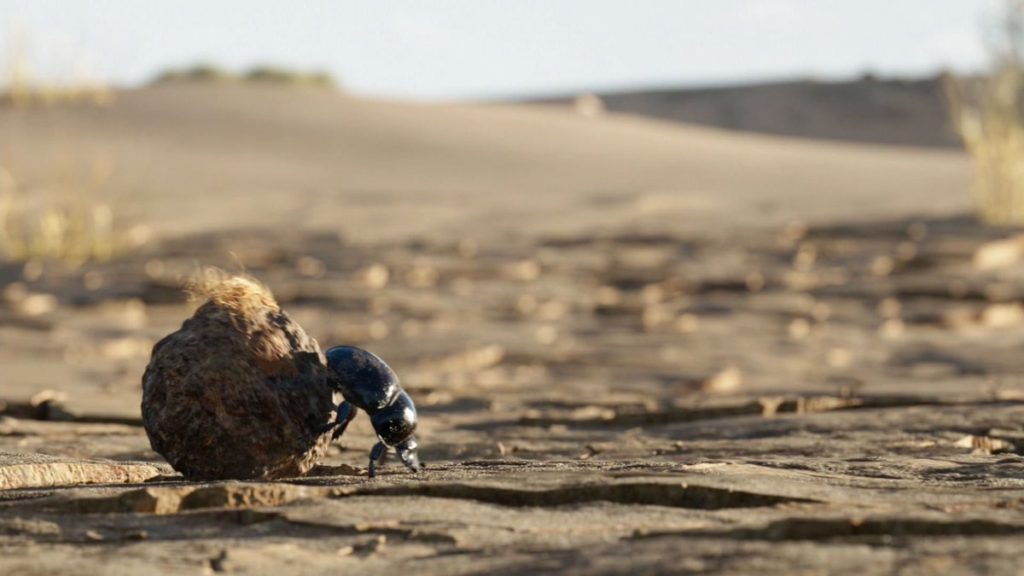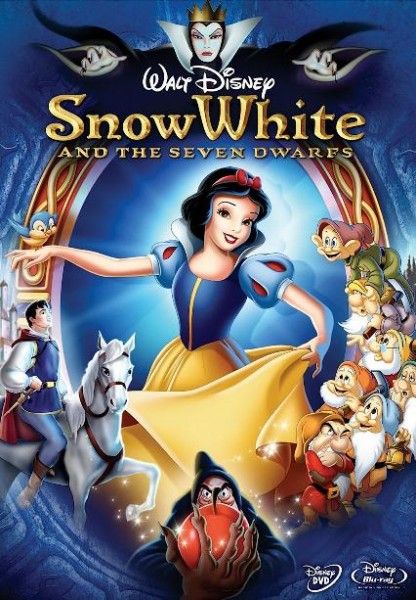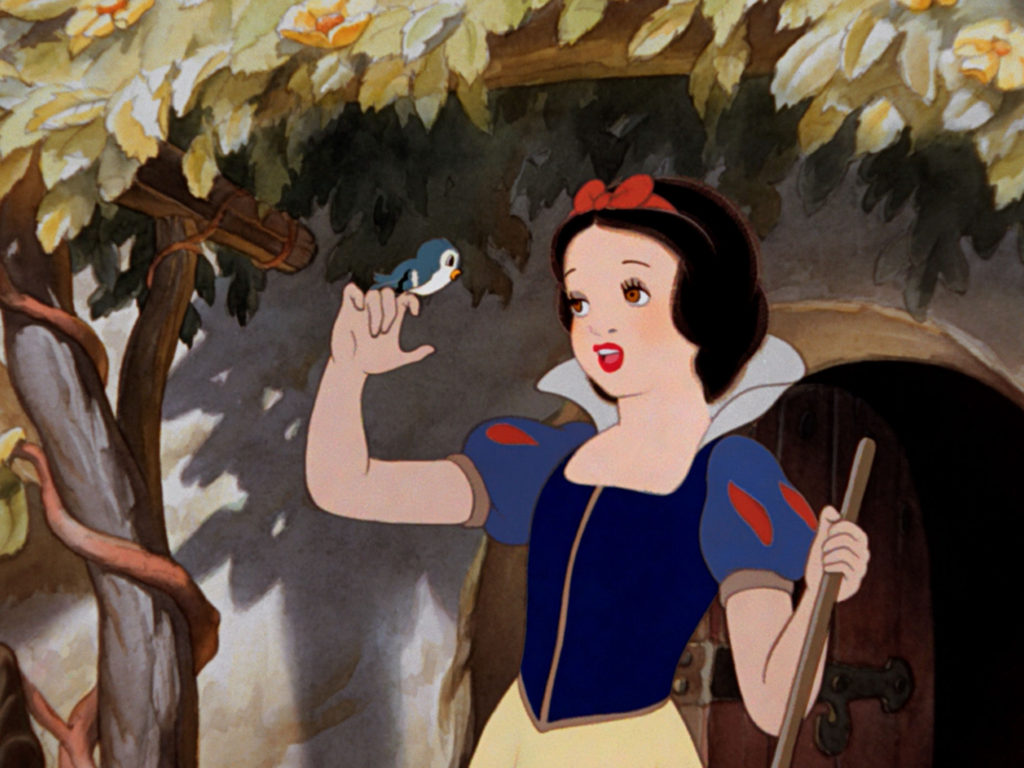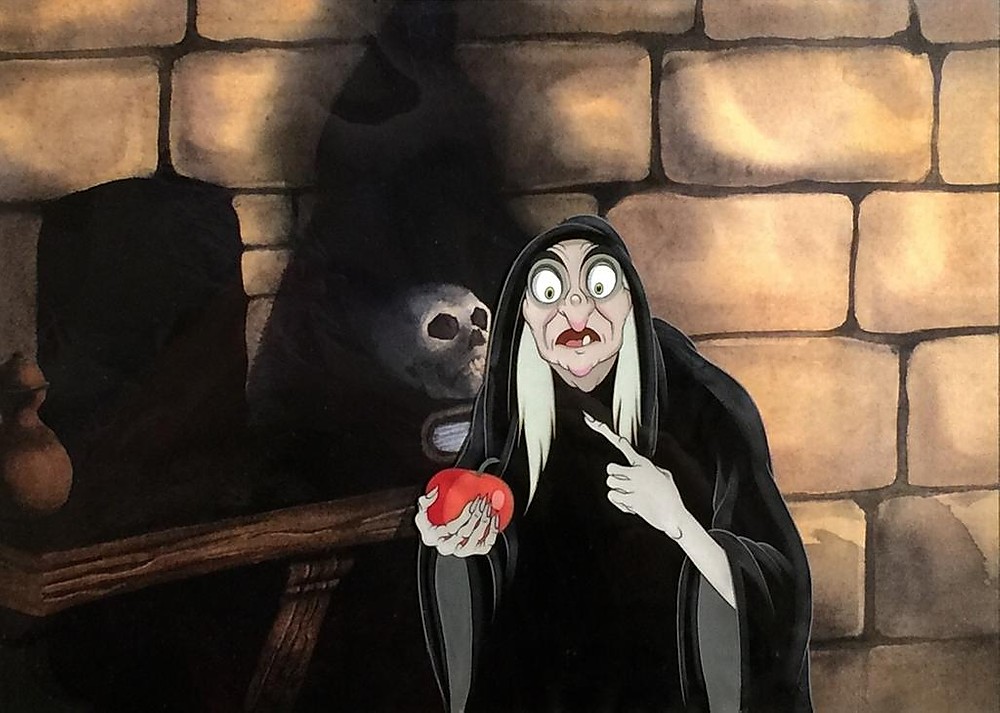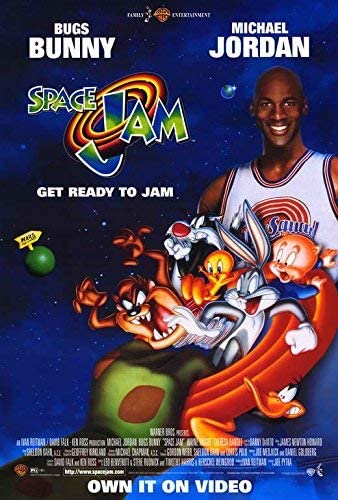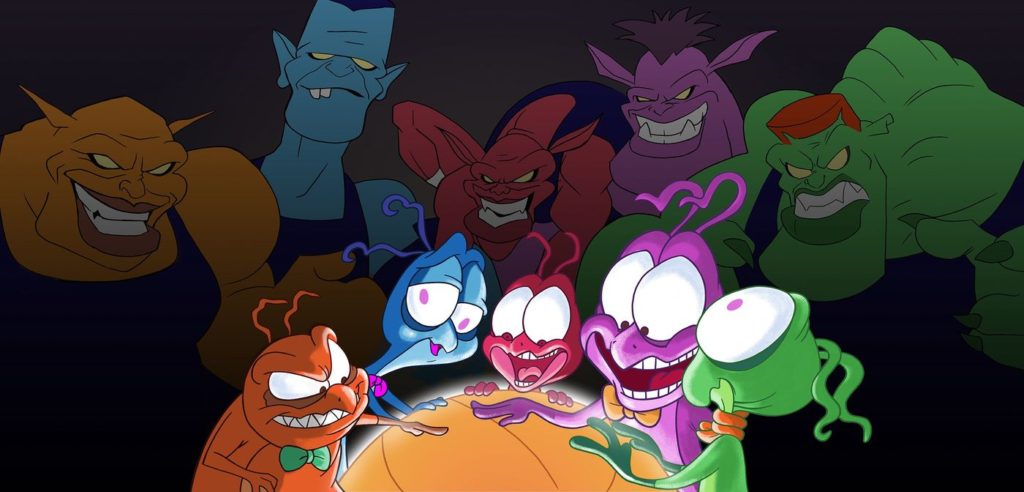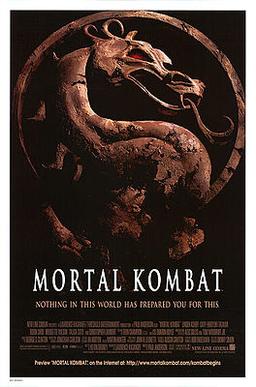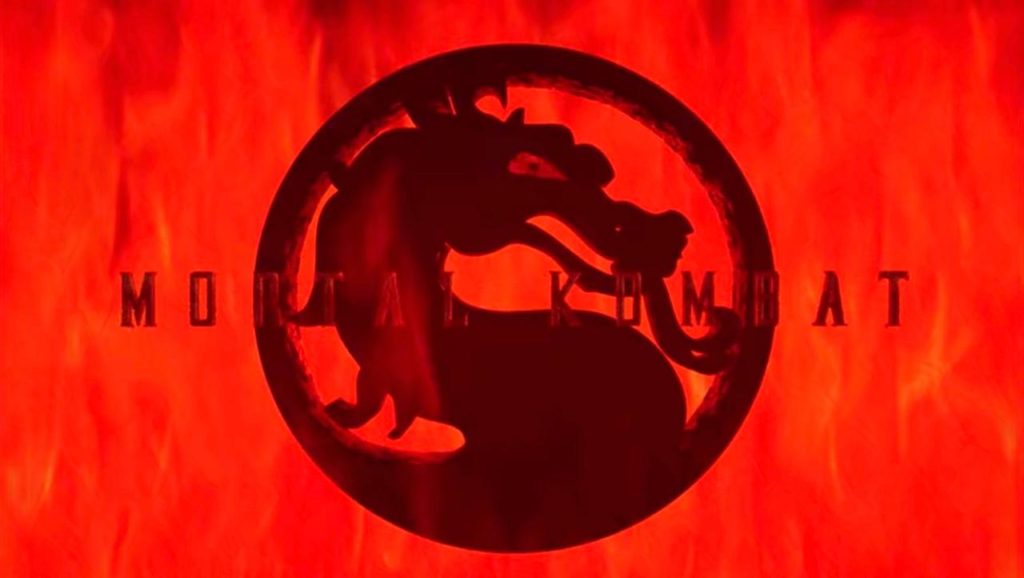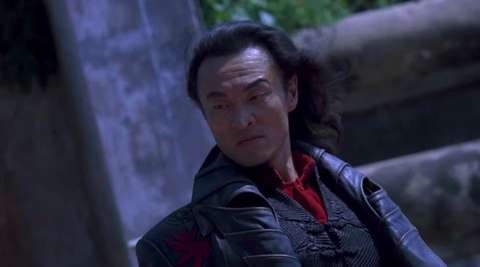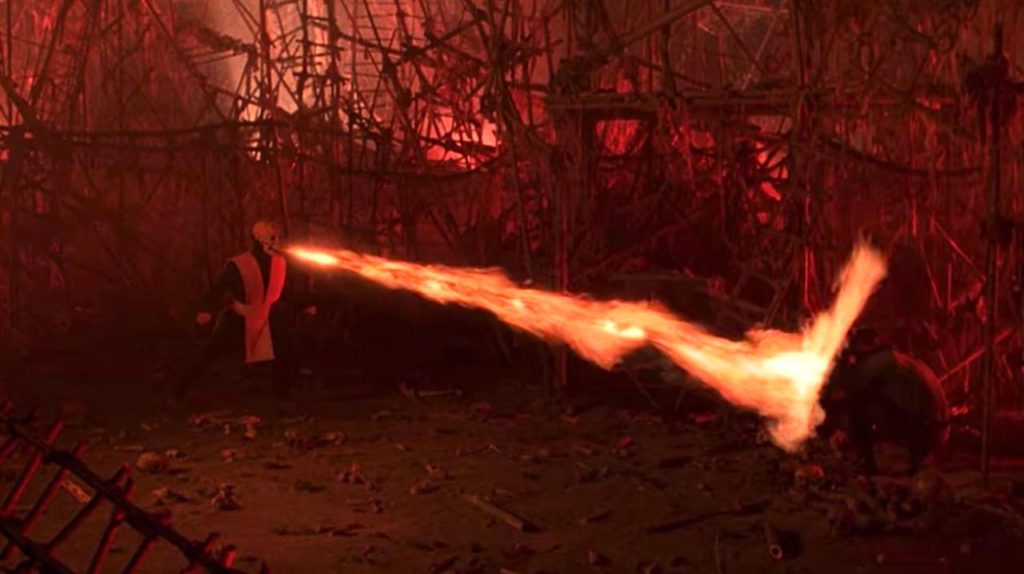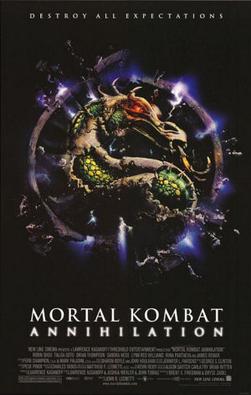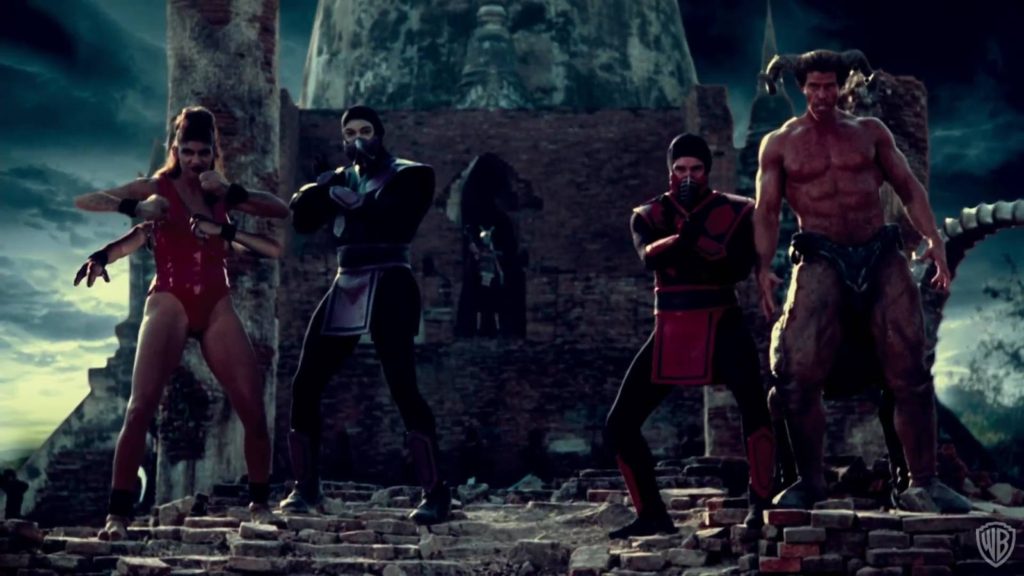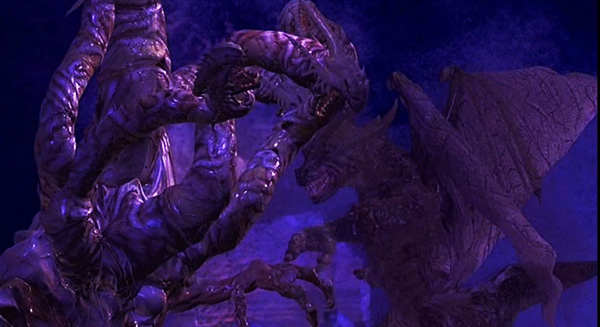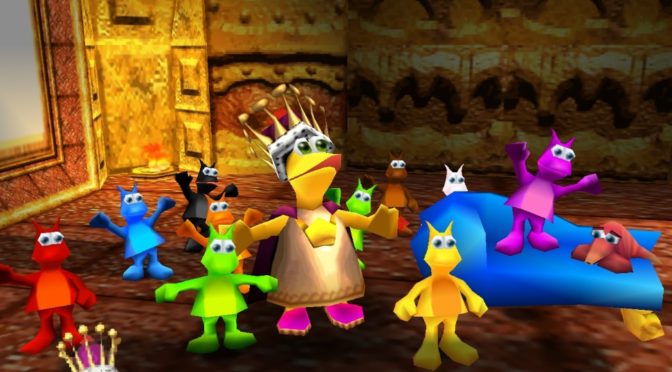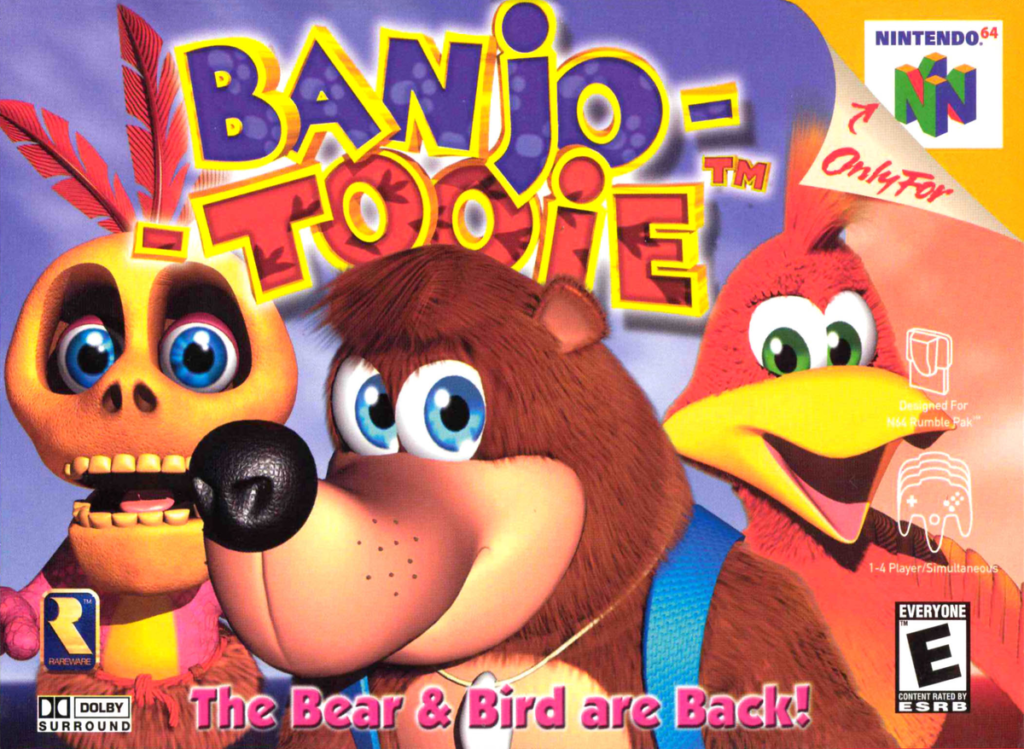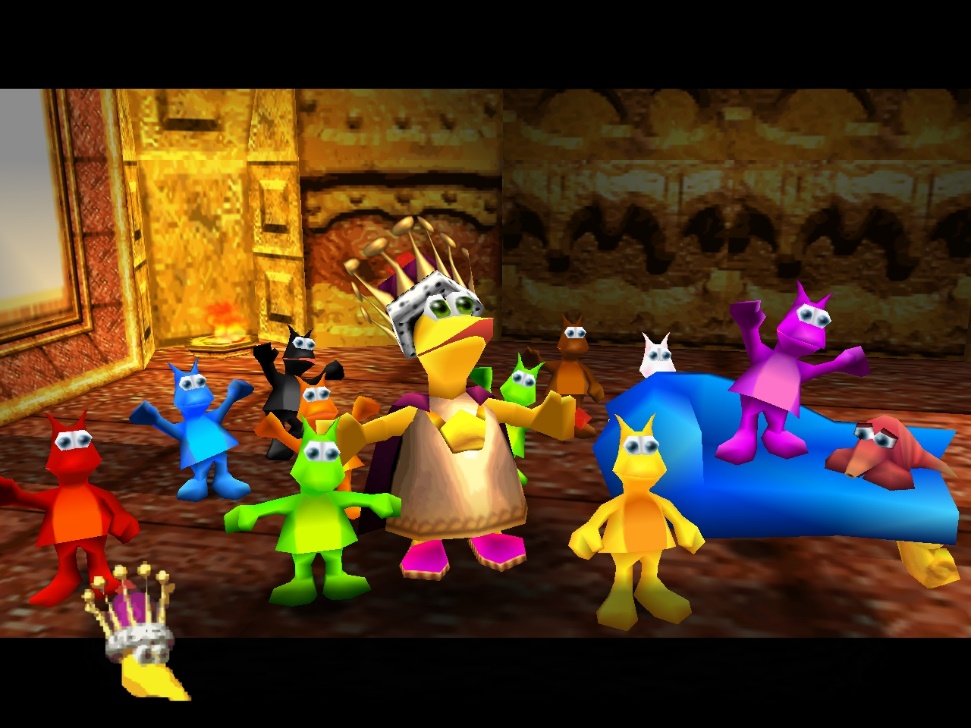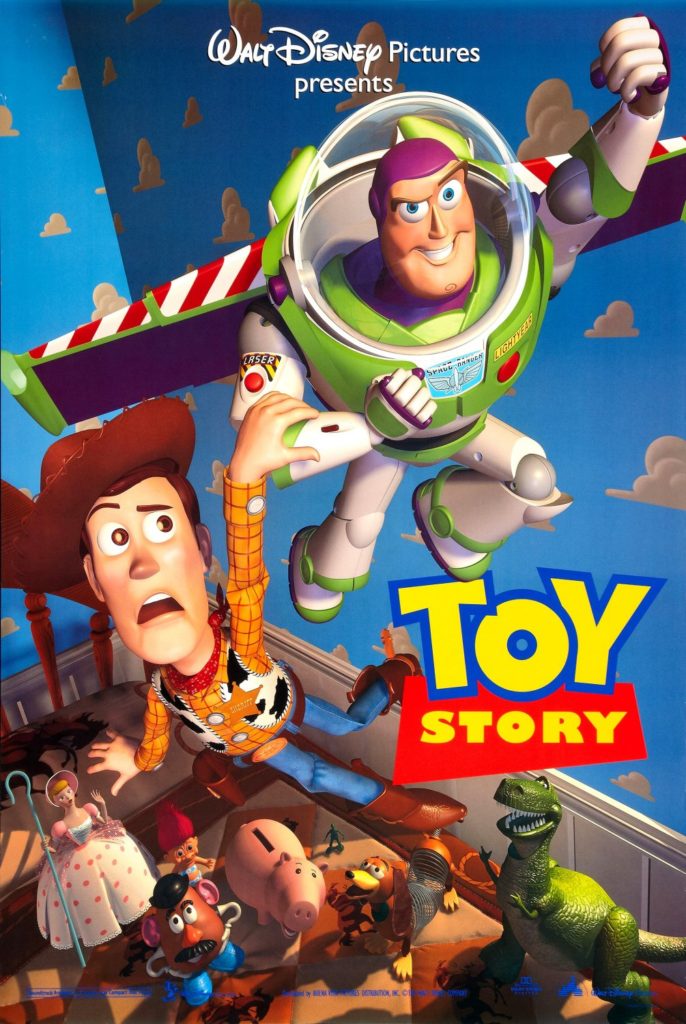
Released: November 19, 1995
First Seen: In Theatres Around Release Day
Last Watch: Disney+
Toy Story has a strong argument as Pixar’s greatest film ever. It may not even be a stretch to call it the greatest animated film of all time. Toy Story’s…story is incredible, including excellent and memorable major and minor characters all over the place and a containing many different themes. Toy Story changed the animated movie industry in two ways. One, while partnered with Disney here, later issues between the companies led to a split. Pixar showed in the early 2000s that they were the premiere film animation studio and absolutely contributed to Disney Animation Studio’s slump in the same timeframe. Secondly, before Toy Story computer animation in animated films was more of an easter egg. You’d see it in short scenes (for example, Batman: Mask of the Phantasm, a traditionally animated film contained a computer animated Gotham City), or maybe in animated shorts. Once Toy Story and Pixar showed up to the big dance, all of that slowly, then rapidly changed.
Toy Story is a very simple concept to understand. Toys are living beings that assume a lifeless stance when around humans. The toys have a connection to their owner that resembles a traditional love story. That’s pretty much the premise of the entire Toy Story franchise, and it’s such a simple, yet strong idea that it’s carried four films. Woody is an old cowboy doll who, via being owner Andy’s favorite toy, is the leader of all of Andy’s toys. He manages staff meetings with the toys, has friendly relations with all of them and maintains an overall control of the room. He’s also extremely protective of Andy and views his (and all toys’) role as one to bring happiness to their owner. When it comes to a birthday party, all the other toys are concerned about their spots as a new toy could always replace someone. This comes to a head as Andy gets a brand new popular toy, a Buzz Lightyear, comes in and threatens Woody’s spot as Andy’s favorite toy. In an interesting twist, Buzz doesn’t know he’s a toy and believes he’s the actual Buzz Lightyear, a space ranger. Woody accidentally knocks Buzz out the window when trying to knock him behind a shelf. When Andy takes Woody out to Pizza Planet, Buzz finds him and they end up as lost toys. In the middle of nowhere, can Woody get back to Andy’s room? Can he manage to convince Buzz to return with him? Well, it’s been 26 years so I’ll go the spoiler route. The answer is yes. The journey is nothing short of incredible though.
Before we get to the themes of the movie I want to quickly go through the characters. The entirety of Andy’s room is just an amazing cast of characters with perfect voice acting. We have Woody’s trusty friend Slinky (Jim Varney), the brash Mr. Potato Head (perfectly voiced by Don Rickles), the nervous and easily frightened Rex (Wallace Shawn), Bo Peep (Annie Potts) and a piggy bank named Hamm (John Ratzenberger) to play with, and after one film it feels Toy Story wouldn’t be Toy Story without any of these characters (we’ll get there). Even the minor non-talking toys are memorable (the Green Army Men, the Aliens, R.C. Rocky, Mr. Spell, an Etch A Sketch). We didn’t even get to the “villain” of the story in Sid Phillips, a neighbor of Andy’s who likes to destroy toys. I don’t consider him a main antagonist, but more of something Woody and Buzz have to overcome. I also have to bring up how perfectly Tom Hanks and Tim Allen are for the voices of Woody and Buzz respectively. How so many characters are represented so well in just an 81 minute runtime is unbelievable.
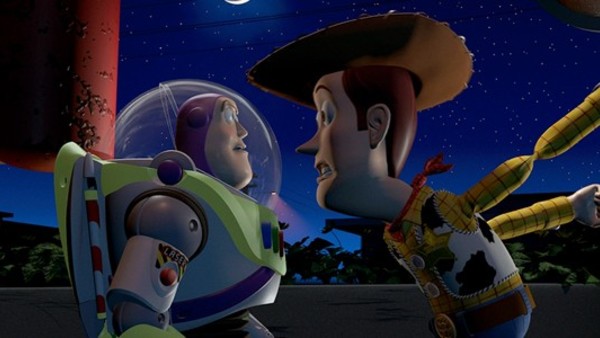
Let’s talk about some of the themes. First of which is the presentation of teamwork. We see it in multiple scenes in the movie. Woody’s communication with the Green Army Men for Andy’s birthday. The toys trying rescue Buzz after Woody knocks him out of the window. Woody and Buzz coming together to escape Sid’s room (Woody: “Buzz, I can’t do this without you”). The actual plan to escape Sid’s house (which involves an entire collection of Sid-deformed toys, and each of them has a role. Woody’s leadership skills really are shown here). And lastly, the Woody/Buzz/R.C. finish. This combined with a strong presence of community in the film, really allows every character to shine. We also have themes of love and jealously, and how important it is to adapt and grow up. Woody is really jealous of Buzz and it takes him a while to understand that if he’s true to what he believes in, al that matters is Andy’s happiness. Lastly, we have two separate journeys of characters trying figuring out who they are. In Woody’s case, he’s been the top toy for so long, suddenly he has to learn to share or even give up that spot, which in turn only makes him a stronger leader. Buzz outright has to learn that he isn’t a space ranger, but a toy, and how important that role actually is. It’s incredible how well those two searches for identity intertwine in Toy Story. Toy Story would have likely been a hit just for it’ being the first fully cgi film, but the actual story and writing is what makes this one of the all time great films.
I didn’t really discuss the writing itself but the movie is very cleverly written. Even jokes that you’d roll your eyes at in almost any other situation somehow get a laugh here, proving the point that sometimes it’s not what the joke is, but how it’s presented. Randy Newman’s “You Got a Friend In Me” worked so well that it’s pretty much the theme of the entire franchise and new songs were never needed. Lastly, it’s worth noting that the cowboy-space ranger rivalry was also a clever idea. Parents around 35-40 years old lived through that transition in media. That’s a nice hook.
Best Scene: The finish once Buzz lights the rocket through he and Woody landing in Andy’s mom’s car. It is an absolutely perfect sequence with an incredible callback from earlier.
Worst Scene: I have to be honest here, this movie doesn’t have a bad scene in it. Every frame just hits.
Personal Story: I still don’t understand how the video game for this movie is so difficult (I don’t really have a personal story I remember, but I know I always loved this movie.)
Final Thoughts: I have said that Frozen was the greatest Disney Animated Studios film ever, but I specified it that way because Toy Story is better.
Grade: S
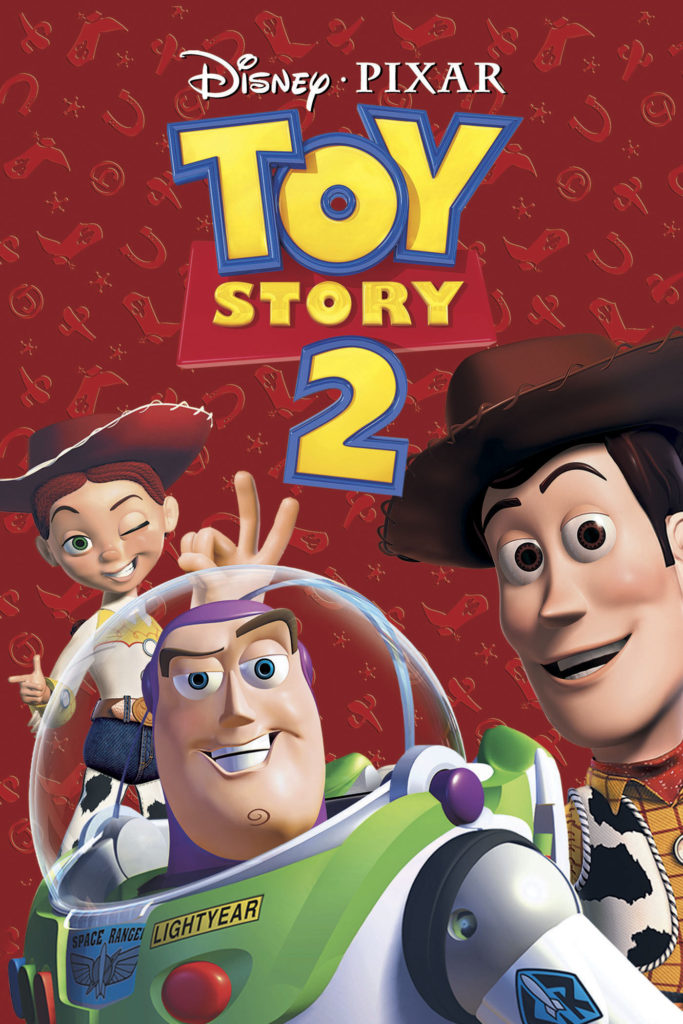
Released: November 24, 1999
First Seen: In Theatres Around Release Day
Last Watch: Disney+
Before we even begin looking at Toy Story 2, I highly recommend researching the production history (problems) that Toy Story 2 had, as well as the issues between Pixar and Disney regarding the film. The fact that Toy Story 2 made its deadline with such high quality is nothing short of incredible. Originally, Toy Story 2 was to be a straight to video release (Disney had produced some of these, to lets say generously, mixed results at this point). But in 1997 upon seeing how the film was coming along, Disney and Pixar agreed it was good enough for a theatrical release. This led to a contract dispute between the two companies that went on until Disney outright bought Pixar in 2006. While all this was going, the Pixar team worked dangerously unhealthy hours to get the film done, and issues such as 90% of the film being deleted (and luckily recovered) plagued production. Again, incredible the film turned out the way it did.
I’m not going to go over all the returns characters that I listed in the Toy Story review. Almost all of them return and are just as great as the first film. We do have some new characters who are also a lot of fun. Jessie (Joan Cusack) is an excellent addition and Stinky Pete the Prospector (Kelsey Grammar) gives us a fun toy villain we didn’t have in in the original. Bullseye is also a toy horse with really fun expressions. Our human villain is Al (Wayne Knight) owner of Al’s Toy Barn. Just watching the character in the film and knowing Knight you’ll see why that’s a perfect voice casting. Also, Jodi Benson (Ariel from The Little Mermaid) voices a Barbie doll, although that’s a more significant casting later.
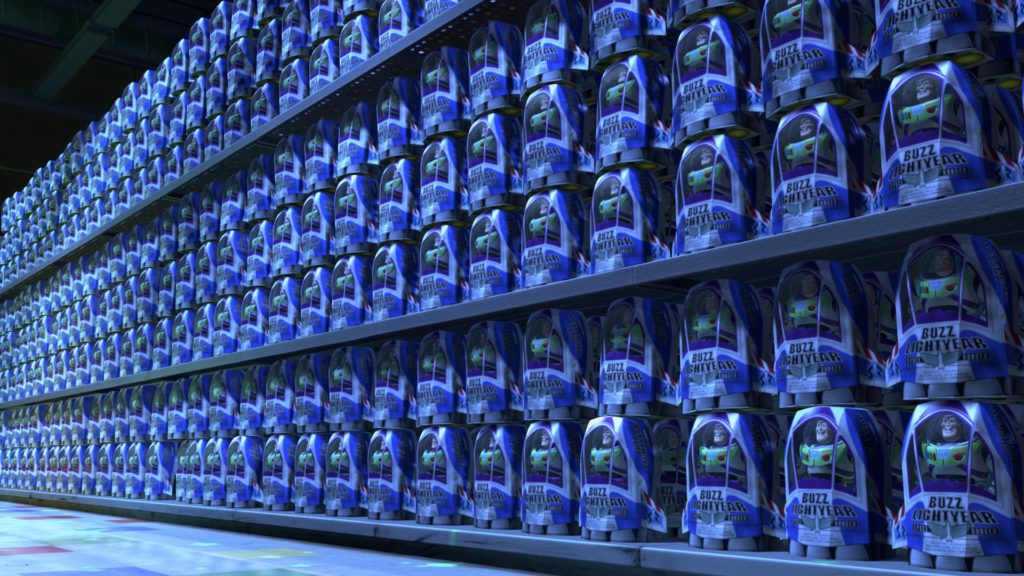
What’s brilliant about Toy Story 2 is that it recycles a lot of the themes from the original, but either extends them or does them on a grander scale. Here’s the synopsis. Just as Andy was to take Woody to their annual cowboy camp trip, Andy accidentally tears Woody’s arm while playing with him, causing Woody to be shelved. Woody finds another broken toy there named Wheezy. When Andy’s mom looks for things to sell at a garage sale, she takes Wheezy. Woody goes for the rescue, but he’s found by Al, who seems really excited about finding Woody. Al steals him, and in Al’s apartment we find out what the big deal about Woody: he’s a collector’s item as his character was the star of an old show called Woody’s round-up. There he meets Jessie, Bullseye and Stinky Pete, and completes the collection. They’re on their way to a museum in Japan for the rest of their lives, and because of their past histories, it’s something Jessie (abandoned by a previous owner) and Stinky Pete (never really a popular toy, especially after space toys were introduced) are excited about. They eventually do convince Woody that Andy will outgrow him and Woody chooses to stay with the “Round-Up Gang”. Meanwhile, Andy’s toys are out to rescue Woody and bring him home. Their side of the adventure involves causing a pileup on the highway, finding Al’s Toy Barn (with it’s own hilarious results) and eventually finding Woody in Al’s apartment. Will Woody return to Andy or head to the museum?
A lot of reviewers have said that Toy Story 2 is the rare sequel that surpasses the original. And while this is a great film, I wholeheartedly disagree. Despite an excellent set-up, I find the story falls apart with some rushed decisions Woody, Buzz and Jessie make. Jessie first. Her story is presented as one of the saddest in the franchise. She had an owner, Emily. But Emily grew up and forgot about Jessie, and left her in a box for donations. She’s been in storage ever since, waiting for Woody. She’s feels strongly about Woody’s connections to Andy, something pushed upon throughout the entire film. But when Woody tells Jessie that Andy will play with all of them, she does a complete 180 and gets excited about the idea (Woody even mentions Andy having a baby sister, Molly, but no idea why that would change anything). It somewhat cheapens Jessie’s story with Emily. Let’s talk about Woody. We know about Woody’s devotion to Andy and even his close relationship with all the toys in Andy’s room (something, as we will get to, that really makes Toy Story 4), but here after some prodding he’s all ready to abandon all of that for Woody’s Round-up and the museum. I understand that we’re dealing with a version of a love story and that sometimes people do silly things when it comes to love, but I don’t buy that Woody’s character would ever do this. I also completely disagree with Buzz leaving Woody with the Round-Up Gang, telling the rest of the toys that “he’s not coming with us”. After everything they went through in Toy Story Buzz giving up on Woody is a big thumbs down from me.
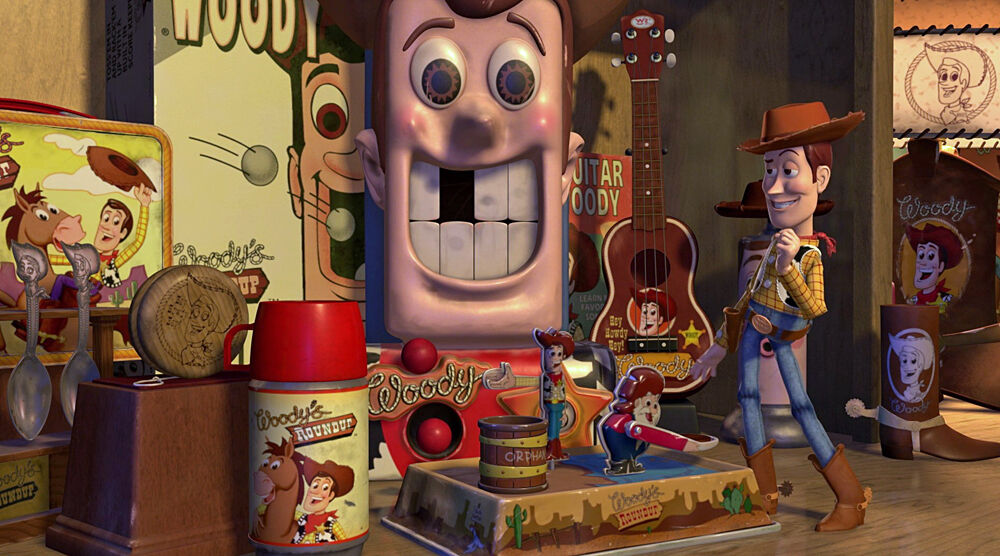
But enough negativity. The rest of the film is still so amazing that these plot issues just turn an exceptional once-in-a-lifetime film into merely a great one, and that’s high praise. Here are some other aspects of the film to think about. The film is much bigger visually than the original. Seeing all the Buzz Lightyear toys in Al’s Toy Barn is a visual treat. The finish of the film on a tarmac with an airplane involved dwarfs the finale for Toy Story. The opening of the film, Rex playing a Buzz Lightyear video game, looks amazing fun and leads to a very fun C (B?) plot in the film (this also leads to a funny homage). Don’t get me wrong, I may not love the conclusion of some plot threads in Toy Story 2, but still is still a tremendous film.
Best Scene: I have to pick two here. The first of course is the famous scene where Woody is fixed and re-painted. It just has a certain beauty to it. The second is Jessie’s story with Sarah McLachlan’s “When She Loved Me” playing.
Worst Scene: The entire plot unravels when Buzz is ready to abandon Woody in Al’s apartment, Woody changes his mind again, then with very little prodding changes Jessie’s entire arc.
Personal Story: I actually didn’t care for this movie when I first saw it, although for different reasons (I felt it was all over the place and it just didn’t stick with me like the original did). It wasn’t until 2009 when I watched it again and appreciated some of the wackiness of it. If the production wasn’t such a disaster I would have bet the Pixar team had a blast creating the film.
Final Thoughts: An excellent film that is bigger, more emotional and perhaps even more fun that the original…but with a weaker overall story that didn’t even show much originality either.
Grade: A-
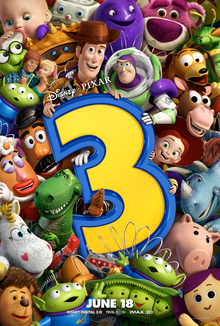
Released: June 18, 2010
First Seen: In Theatres on Release Day
Last Watch: Disney+
If you felt Toy Story 2 left an optimistic future for our favorite toys think again. In a refreshing and clever twist, the story of Toy Story 3 has moved forward in time about 10 years and Andy’s headed to college. Remember all those discussions about how kids outgrow their toys in Toy Story 2? Looks like that viewpoint was right. Kudos to Pixar and Disney going this route with Toy Story 3. This allowed viewers (like myself) that grew up with the first two films to relate to the film. It worked well too, Toy Story 3 made $1 billion (back when that really meant something) and peaked at #3 in all-time box office receipts.
Pixar and Disney were definitely targeting younger adults with Toy Story 3. There are truthfully not a lot of fun sequences for really young children here outside of the opening and I guess Bonnie’s playtime. It wouldn’t even surprise me if young kids were scared watching this film. Before we get into the story and why this is, let’s look at the continuity of the Toy Story franchise and how Toy Story 3 adds to it. The opening scene, one of the best opening scenes I think in theatrical film history, is an action remake of Andy playing with his toys in Toy Story (with some edits thrown in for the additional characters). As for the characters, almost all of them are here, but some are inexplicably missing (we will get to that in Toy Story 4), most importantly Bo Peep and R.C. are nowhere to be seen (although referenced). In fact, there’s only a small crew of toys left and when Andy is around, they just sit in the toybox. All the voice actors are back (even John Morris as Andy!) with the exception of Jim Varney as Slinky. Varney passed away in 2000, and Blake Clark replaces him (not only were him and Varney close friends, Clark does such a good job many do not realize it’s a different voice actor). There are new toys with another kid Bonnie, and while they are fun they aren’t really essential to the main story other than letting Woody know what’s going on (there’s another reason they are there which we’ll get to). Andy’s mom tells Andy to do something with the toys, and while he attempts to put them in the attic, they accidentally end up in the trash. They escape and get themselves donated to Sunnyside Daycare.
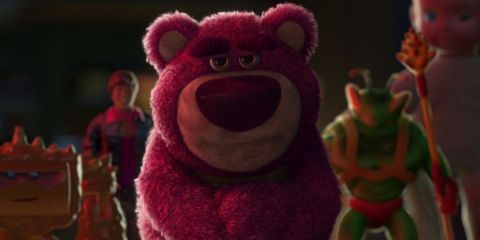
We saw in Toy Story 2 how Jessie felt about being abandoned by Emily and we now go one step further. Lotso (New Beatty) is a stuffed bear that’s accidentally left behind. Only this time we see Lotso make its way back to its owner…only to find that its owner has a new Lotso! This darkens Lotso heart, and he eventually makes his way to Sunnyside and ends up running the place like a prison camp. This isn’t an exaggeration either, there are several scenes that were inspired by the movies Cool Hand Luke and Shawshank Redemption. (I remember watching in the theater thinking that Lotso’s speech about Sunnyside to the imprisoned toys reminded me a lot like Warden Norton’s). Anyway the toys make their way to Sunnyside and at first think they’ve hit the jackpot…until they get utterly destroyed being played with by pre-schoolers. Woody escapes on his own (we’ll get to this) and ends up in the possession of another child, Bonnie. After some nostalgic playtime Bonnie’s toys explain to Woody that Sunnyside isn’t the nice place it may have seemed. Woody makes his way back to help his friends escape and get back to Andy’s attic, until Woody thinks of a better idea.
The structure of the story is quite sound, even if it’s much more straightforward than the previous two films. There’s no real secondary plot here (unless you want to count Mrs. Potato Head’s eye) or even twists or turns. We’re just trying to get Andy’s toys back to safety to be there for Andy one last time. That’s perfectly fine and works well (while not necessarily as complicated or as deep, I find this story stronger than Toy Story 2’s because everyone’s motivations make sense). There are no cliff hangers or decisions that could change the course of the franchise (like let’s say, what if Buzz never learned he was a toy in Toy Story 1 or what if Woody did go to the museum in Toy Story 2). The adventure itself is what makes the film. There’s an early hole that bothers me which I will get to, but otherwise the attention to detail Pixar puts into Sunnyside is nothing short of incredible. Sunnyside works like an actual prison, with search lights and cameras and patrols everywhere. There’s even toy politics (for example, Barbie and Ken’s (Michael Keaton)’s relationship and how Barbie gets to be on the safer side of Sunnyside. We end up for the third straight film having something happen with Buzz that returns him to Space Ranger form, and for the third straight time it works again. So the toys have to overcome that (and the result pays off hilariously) as well. The actual plan to escape Sunnyside is similar to the plan to escape Sid in Toy Story 1, but on a grander scale. Every character gets a chance to shine. Sunnyside isn’t without its horrors though, with Big Baby and the Monkey watching every move (the Monkey specifically might give some nightmare fuel). No doubt, Sunnyside is the toy version of Alcatraz. Worse yet, the one way to escape is through the garbage disposal. That doesn’t quite go well either, leading to one of the most emotionally gripping scenes maybe in all of cinema.
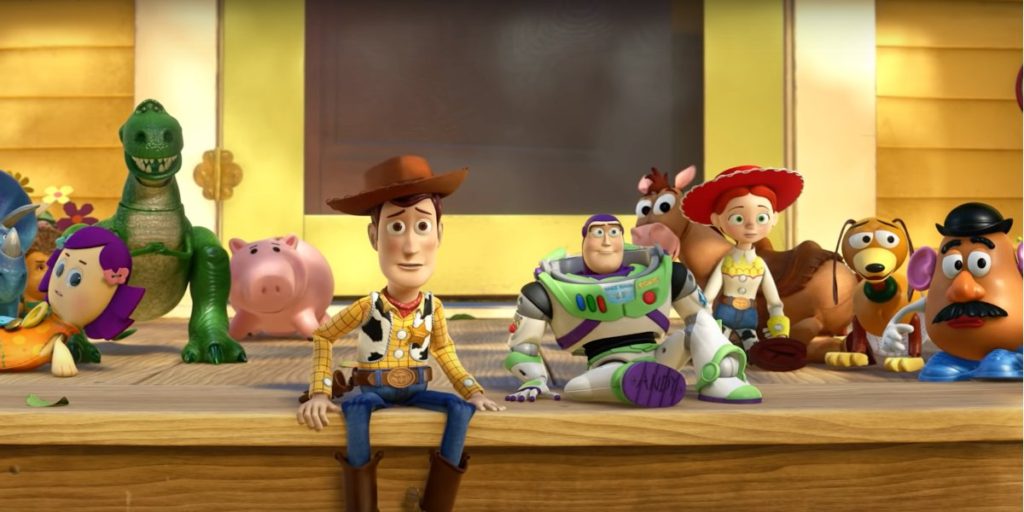
Of course, we all know it works out (the how is definitely worth a laugh too). So let’s talk about the ending. You’ve probably read or even felt yourself that Toy Story 3 has the perfect ending to the franchise and at the time I agreed and still kind of do, although Toy Story 4’s ending worked for me. Andy ends up giving Bonnie all of his toys and there’s one last play through with them. (Even though it may be somewhat lame for a 17-18 year old Andy to feel the way he does in this scene, quite frankly who cares. It’s hard not to tear up at this scene to this day). But right there we all should have known what Bonnie is and what her toys represent to the franchise: a sequel. This was never going to be the ending. We should also address the other issues too. The entire escape sequence from Sunnyside is fun and all, but somewhat cheapened by Woody managing to escape on his own earlier (this is addressed, but still doesn’t work). But they had to get Woody out to meet with Bonnie’s toys so I guess that had to happen. I actually would have liked to have seen more from the post Lotso Sunnyside run by Barbie and Ken in Toy Story 4. I thought those toys were way more interesting.
Best Scene: Sure the ending is perfect, but my goodness the opening scene is a whole different level of perfection. We also have to mention the garbage disposal scene of course, even though that was always going one way.
Worst Scene: Like Toy Story, I don’t feel this film really has a bad scene.
Personal Story: This is easily my favorite Toy Story film. I was the perfect target for Pixar and Disney here.
Final Thoughts: A more straightforward story, but one I’m definitely along with the entire time. I personally loved the darker atmosphere and the revelation of the truth that being a toy will more likely than not have a sad ending. Toy Story 3 may have been the perfect “ending”, but all it did was really extend the toys lifespan just a little longer. Bonnie must grow up sometime too, right?
Grade: A+
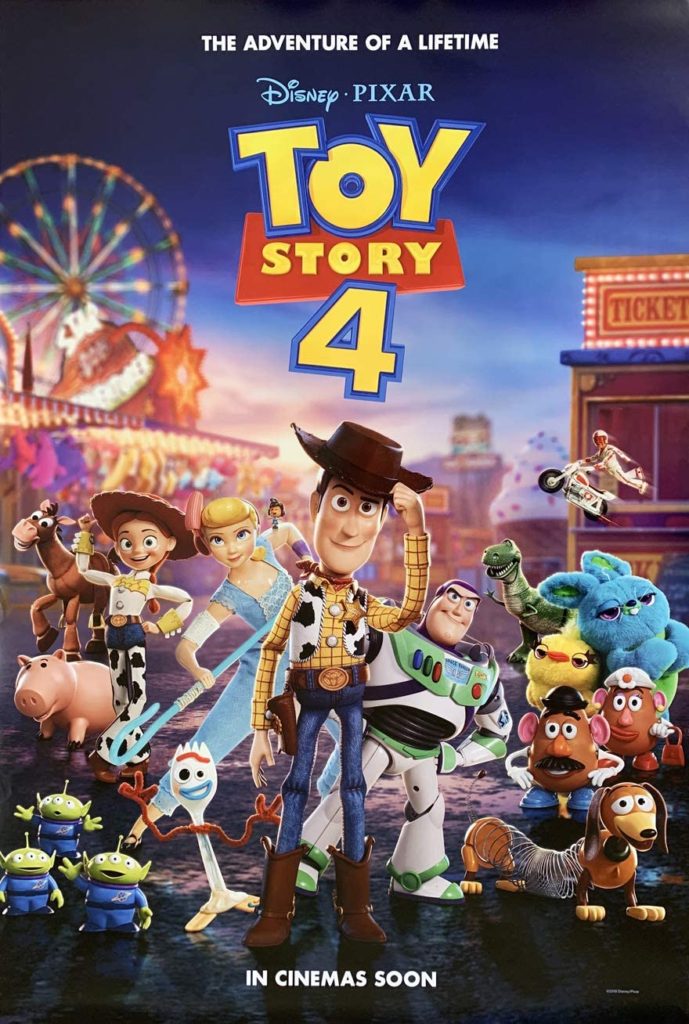
Released: June 21, 2019
First Seen: In Theatres close to Release Day
Last Watch: Disney+
If you felt Toy Story 3’s ending was perfect and that this movie shouldn’t exist, you aren’t alone. In an era where Disney is clearly busting out live action remakes of their Disney classics in what feel like complete money grabs, there was a real concern that’s what Toy Story 4 is. And amazingly, it’s not. While overall I do feel Toy Story 4 is the weakest film of the four, it’s still in the same ballpark. It may even have the highest highs in the entire franchise. It just has the lowest lows that the other films don’t have. But brilliantly, we thought we saw the only possible conclusion there was with Andy giving Woody and the toys to Bonnie in Toy Story 3, but it turns out there was one more card to play and Pixar and Disney played it perfectly.
I didn’t really discuss Bonnie’s toys in Toy Story 3 but I’ll do so now since they are a bigger part of the picture this time around. There’s the leader of Bonnie’s room, Dolly (Bonnie Hunt), Trixie (Kristen Schaal), Mr. Pricklepants (Timothy Dalton) and Buttercup (Jeff Garlin). Unfortunately, these characters are mostly regulated to the C-plot (which is pretty bad) and after cameos in Toy Story 3 and this showing here, I don’t really care about any of these toys. Mr. Pricklepants has his moments (being in character is important to him, a fun gimmick) and Dolly’s status as leader of Bonnie’s toys does create an interesting dynamic for Woody. But after that, nothing about them makes me excited about them being in a Toy Story 5.
So what was that trump card Pixar and Disney still had to play? Well the first three films focused on Woody doing everything he could to make Andy happy. It’s why Toy Story 3’s ending felt perfect. But what about Woody? Is his story really over just because Andy went to college? And thus, the Bo Peep card was played. Woody and Bo had shown affection for one another all the way back in Toy Story and we didn’t get an answer to why she isn’t in Toy Story 3. The opening to Toy Story 4 (perhaps the most stunningly amazingly animated scene I’ve ever seen in anything ever) answers that question and now see what Woody sacrificed. With a little retconning (Bo being Molly’s toy now), Bo ends up being given away shortly after the events o Toy Story 2. Woody, fresh off a rescue of R.C. (also missing from Toy Story 3, although that’s not explained here), looks to save Bo as well. Only Bo accepts her fate, realizing that Molly is growing up. But then Bo makes an offer that Woody almost accepts…to come with her (“you know, kids lose their toys everyday…”). But Andy’s voice pulls Woody back to Andy one more time. It’s worth noting I felt this one scene was much stronger than the entire enticement of Woody in Toy Story 2.
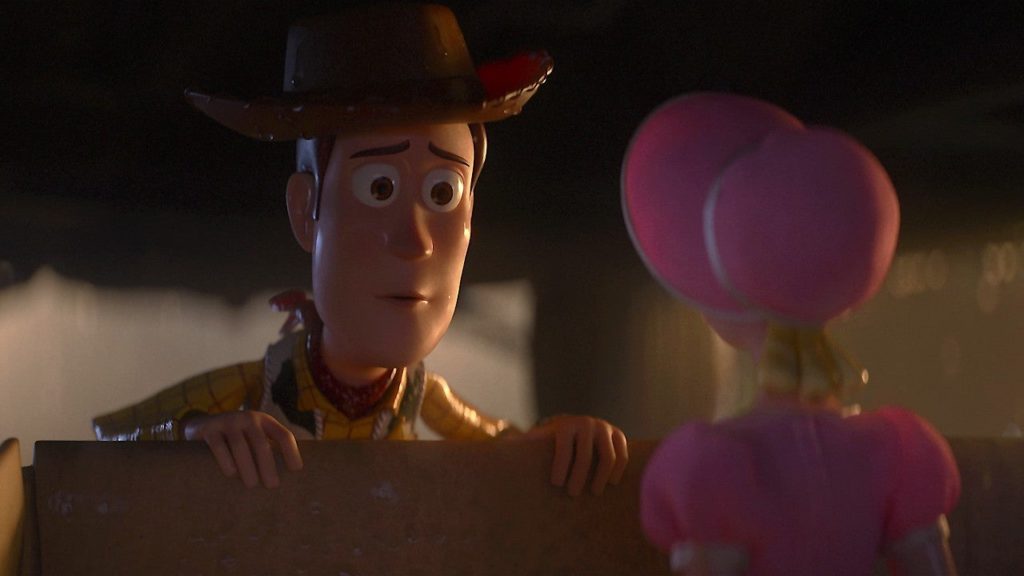
We move on to present day, and Woody isn’t a favorite of Bonnie’s; often being left in the closet during playtime. But we see Woody’s growth here. He understand that making Bonnie happy is all that matters and if that means being left in the closet so be it. Woody understands his role as making sure the group that came with Andy is ready for playtime. He further decides that a toy needs to go to Kindergarten with Bonnie, and Woody saves the day there too. The one catch is that Bonnie creates a “toy” out of trash named Forky (Tony Hale). When it comes to Forky, I’ve never been so mixed about a character in anything ever. On the surface, I find the character to be a mix of funny and annoying. But I appreciate how clever the character actually is. In Toy Story Buzz thought he was an actual space ranger and not a toy. Well, the same thing is true for Forky, as he comes to life and thinks he’s actually what he is…trash. Bonnie loves Forky though, so despite Forky trying to throw himself out for a quarter of the movie Woody does everything he can to make sure Forky is around for Bonnie. The whole entire question of what makes a toy does have to be asked for sure, but it’s never answered (like why isn’t the Super Nintendo in the earlier films or even the board games alive…but Forky is?)
Anyway, due to Forky jumping out the window, Woody goes out to save him and Forky seemingly understands his role. But when almost back to Bonnie’s RV, Woody spots Bo Peep’s lamp in an antique store. There’s another whole side plot with one of the toys in the antique store, Gabby Gabby. For whatever reason Disney-Pixar decided to try another creepy setting in Toy Story 4 (especially with the “Slappy dolls”). But it kind of doesn’t really hit that level other than a couple of scenes and other toys saying Gabby’s whacked out. It turns out Gabby isn’t that bad, she just wants to impress a kid who visits the store, but her voice box is damaged. It just so happens that Woody’s voice box is the one that works for Gabby. Even though a majority of the story actually takes place here, the conclusion isn’t that important so I’ll roll with it now. Woody gives up his voice box for Forky, but Gabby gets rejected by the kid. Woody ends up taking Gabby along, and then Gabby gets to comfort another kid. It shows Woody being Woody one more time, and it does perhaps justify his decision to join Bo later, but it’s definitely feels like a random conclusion.
Woody has a child take him out of the antique story into the carnival across the street, and that’s where the epic reunion with Bo Peep takes place. But Bo is a very different toy than we last saw her. You see she’s a lost toy, but unlike everything we’ve been told throughout the Toy Story franchise, it turns out being a lost toy could be a lot of fun! This is a fantastic way to build the world of Toy Story. I find it to be quite similar to a child of a conservative family who really never got out during their teenage years. Suddenly, they’re older and not realizing everything the world has to offer them. Bo Peep was that toy too, until she discovered the world around her. The creativity of how Bo gets around the carnival is also great. Whether it’s using a rolling frisbee to move around or riding around in a skunk car, once again we see the amazing attention to detail that Disney-Pixar has time and time again perfected. Bo knows the ins and outs of the antique store (and we get to meet Duke Caboom (Keanu Reeves), another toy going through his own version of the abandoned toy arc, only this time with the twist that he was abandoned because he was a disappointment).
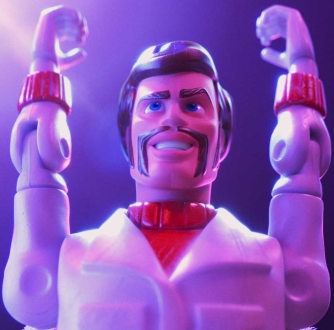
So Buzz goes out the window too to find Woody and Forky. For some reason, there’s a stupid subplot of Buzz listening to his inner voice (which are his voice commands) and reacting off that. I’m not sure who thought that was a good idea. Buzz ends up finding Ducky and Bunny (Keegan-Michael Key and Jordan Peele) along the way which is a big plus, as they’re pretty hilarious (winner-winner-chicken dinner…plush rush!). They all come together and with some fun teamwork scenes (something else the Toy Story franchise always pulls off) we get to the aforementioned conclusion earlier. Unfortunately with so much going on, we don’t spend a lot of time with the rest of Andy’s toys. In some cases it’s understandable (for example, Don Rickles, Mr. Potato Head’s voice actor, passed away a couple of years prior and all his voice clips are older clips). The c plot here is the lowest point in the series, with Andy and Bobbie’s toys trying to buy time by hitting the brake pedal randomly on the RV and acting as a GPS to cause Bonnie’s dad to drive the wrong way (and cause the cops to stop him too). What a waste really.
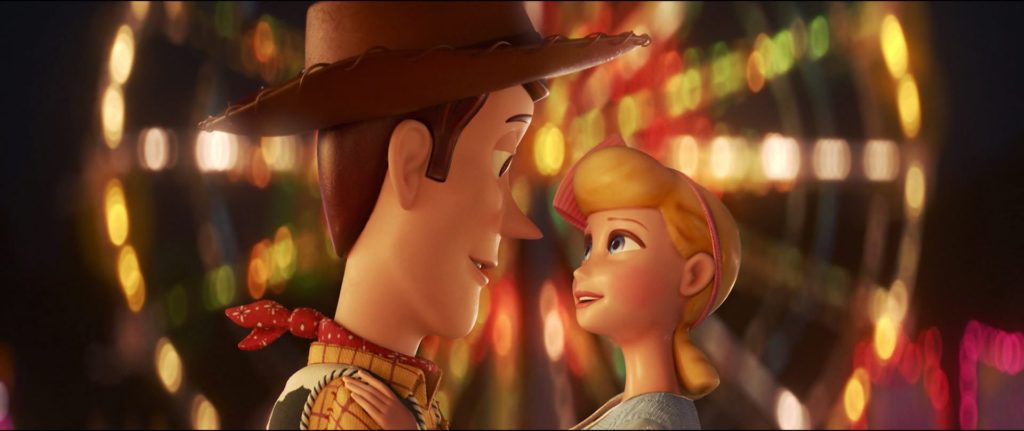
But who cares because the ending is where the money is. If you thought Andy’s good bye was emotional, I hope you’re ready for Woody’s. It comes to time for the toys to go with Bonnie, forcing him to once again say good-bye to Bo Peep. But Buzz lets him know that Bonnie will be okay without Woody, and Woody makes the decision to go with Bo Peep and become a lost toy. This leads to Woody saying good-bye to all of his friends, and in a way it hits harder than the ending of Toy Story 3 actually did. You always know Andy was going to grow up. But did you really expect Woody to say good-bye (again, this is what frustrates me about Toy Story 2). In a moment that’s kind of wasted though is Woody giving his sheriff’s badge to Jessie. It’s not that Jessie isn’t deserving, I just wish she had a stronger arc in Toy Story 4. The very last lines by Tim Allen and Tom Hanks really is a perfect way to end the series (He (Woody)’s not lost, not anymore. To Infinity…and Beyond). The fact that Disney-Pixar took a movie that frankly no one wanted and turned it into another emotionally gripping epic is an amazing feat.
Best Scene: The opening and the ending.
https://www.youtube.com/watch?v=Q59l-_QEo-4
https://www.youtube.com/watch?v=WxhNXy0JPnY
Worst Scene: The entirety of Bonnie’s dad driving the RV near the end. Just screamed “we don’t know what to do with these characters”.
Personal Story: Sure, it’s my least favorite of the four films and I didn’t even see it a second time in theaters. But I can’t help but tear up at the ending.
Final Thoughts: As I wrote earlier, Toy Story 4 has ridiculously high highs and really low lows. I know Toy Story 5 will come, and I just hope it’s more with Woody and Bo’s crew. That’s definitely the more interesting group. Bo Peep showed us a whole new world, if we’re going to expand it, let’s expand it. Let’s not try to make Jessie Woody 2.0.
Grade: A+

